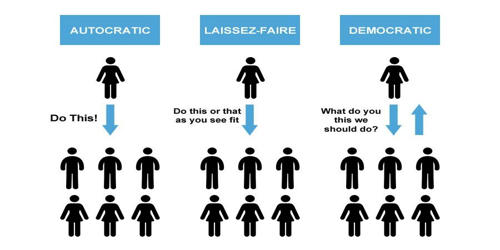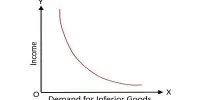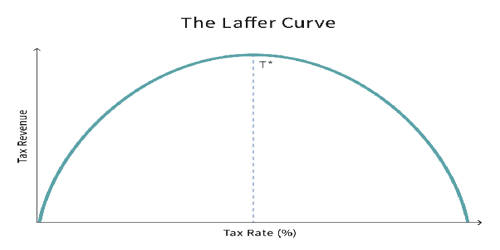Laissez Faire
It is the principle of non-intervention by the government in any commercial affairs. It is a French phrase that translates to “leave us alone.” It is an economic theory from the 18th century that opposed any government intervention in business affairs. It refers to a political ideology that rejects the practice of government intervention in an economy. It is an economic system in which transactions between private parties are absent of any form of economic interventionism such as regulation and subsidies. Proponents of laissez-faire argue for a complete separation of government from the economic sector. It holds that the economy is strongest when all the government does is protect individuals’ rights.
Laissez-faire is an economic philosophy of free-market capitalism. Later free-market economists built on the ideas of laissez-faire as a path to economic prosperity, though detractors have criticized it for promoting inequality. The basic purpose of the laissez-faire economy is to promote a free and competitive market that demands the restoration of the order and natural state of liberty that humans emerged from.
Basic Principles of a Laissez-faire Economy
- The individual is the basic unit in society, i.e., the standard of measurement in social calculus.
- The individual enjoys a natural right to freedom.
- The physical order of nature is a harmonious and self-regulating system.
Advantages
- Autonomy – This economy gives businesses more space and autonomy from government rules and regulations that would make business activities harder and more difficult to proceed.
- Innovation – Driven by the need to provide their products with market advantage, companies are compelled to be more creative and innovative in their approach.
- Absence of taxes – Lastly, the absence of taxes leaves companies and employees alike with greater spending power.
The doctrine of laissez-faire is usually associated with the economists known as Physiocrats, who flourished in France from about 1756 to 1778. The term originated in the 18th century during the Industrial Revolution. It is a doctrine opposing governmental interference in economic affairs beyond the minimum necessary for the maintenance of peace and property rights. French industrialists used the term in response to the French government’s voluntary aid to promote business. The policy of laissez-faire received strong support in classical economics as it developed in Great Britain under the influence of the philosopher and economist Adam Smith. The phrase is traditionally attributed to French businessman M. Le Gendre from when he responded to a Mercantilist minister, Jean-Baptiste Colbert.
















